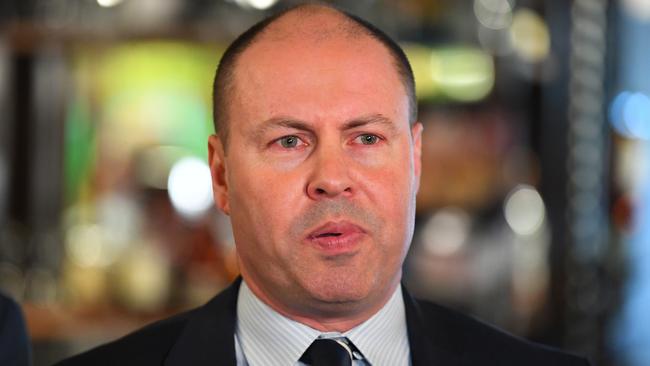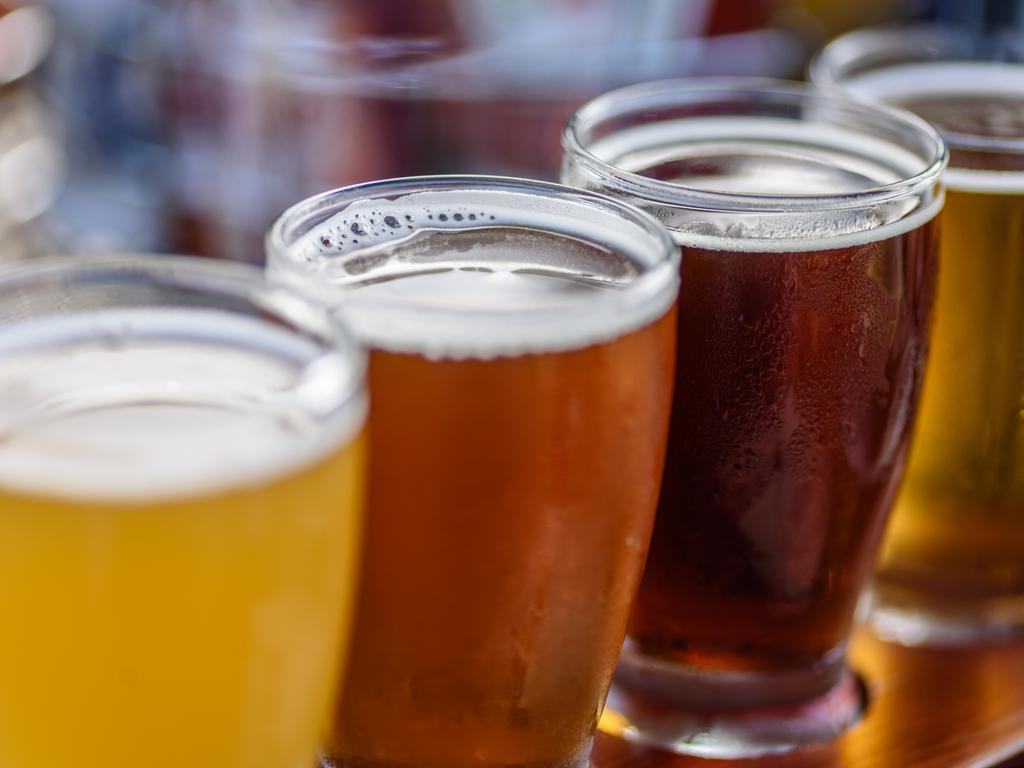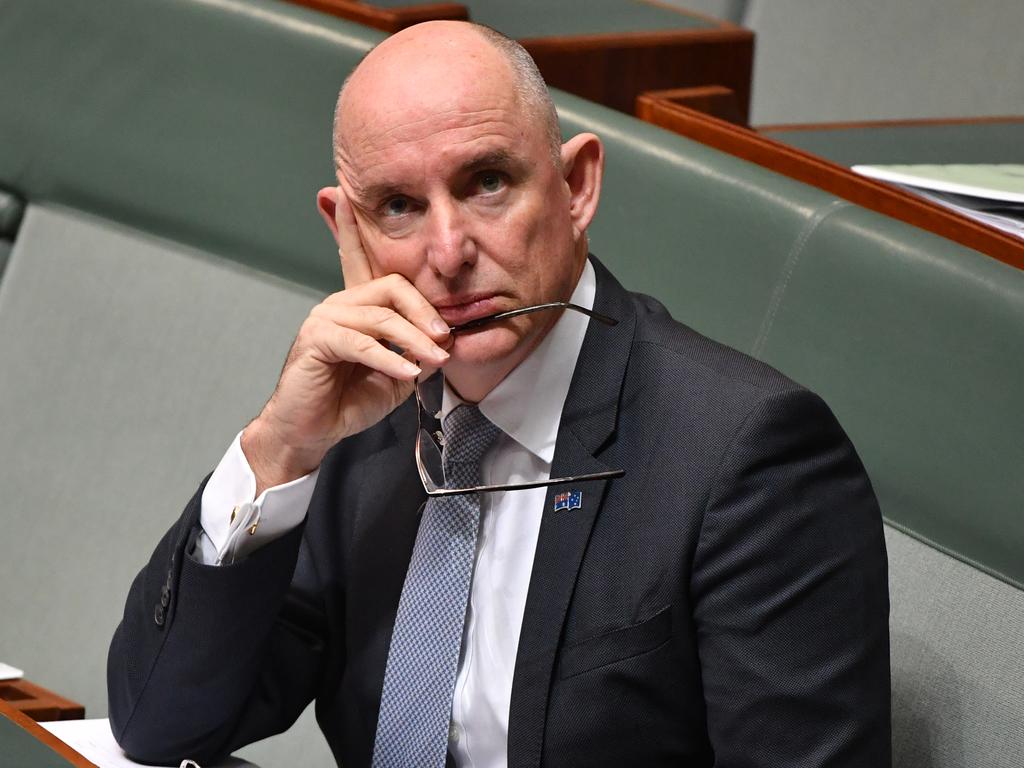Coronavirus: Frydenberg welcomes rush to access super
The government has dismissed concerns that its COVID-19 early release of super scheme is being misused.

The government has dismissed concerns that its COVID-19 early release of super scheme is being misused, as new data from the regulator revealed fewer than 2 per cent of applications have been knocked back.
Josh Frydenberg said 1.8 million people had withdrawn around $15bn from their retirement savings since the emergency measure was announced on March 22.
The enthusiastic uptake of the scheme comes with growing evidence that Australians are accessing their super to fund spending on non-essentials such as gambling, or putting it into their savings as a precautionary measure, rather than to alleviate immediate financial hardship from the coronavirus crisis.
But the Treasurer batted away such concerns on Monday, saying he was “comfortable with the fact that people are accessing their money when they need it most”.
“There are already provisions within the superannuation laws for people to access their super early because of hardship. We think this is a continuation of that and it's money that's going to people's needs,” he said.
Scott Morrison on Tuesday was similarly sanguine on what Australians chose to do with funds pulled from their retirement savings.
“Well, it’s their money. I don't go around telling people how to spend their own money,” the Prime Minister said.
Applicants for early access under the scheme are not required to provide any evidence of financial hardship to support their claims, which the Taxation Office processes within days with minimal checks.
The eligibility criteria include a 20 per cent fall in income as a result of COVID-19, but do not specify any time frame for that fall. Welfare recipients are eligible.
Analysis of banks’ transaction data by AlphaBeta showed 40 per cent of those who had accessed their super early had not suffered any fall in income as a result of the health crisis. This was either because their earned income had not suffered, or boosted government support had more than made up for any reduction.
The firm found that close to two-thirds of the additional spending that followed receiving the super payout was spent on non-discretionary items such as clothing, furniture, restaurants and alcohol. More than 10 per cent was wasted on gambling.
AlphaBeta director Andrew Charlton told Sky News the very broad eligibility criteria has meant people are pulling out money “because they could”.
New data released by the Australian Prudential Regulation Authority on Monday showed 1.9 per cent of applications for early access, or 33,000 of the nearly 1.8 million over the life of the scheme to May 24, had been “closed or revoked”.
Opposition assistant Treasury spokesman Stephen Jones said the lack of oversight and checks was leading to a “free-for-all”.
“We want to insure that people have access to their superannuation for genuine hardship, but we don’t want to see this money wasted,” Mr Jones said.
“Instead of implementing robodebt mark two, they (the government) need to ensure the process the tax office uses ensures the money is going to people in hardship.”
Professor John Piggott, the director of the UNSW’s Centre of Excellence in Population Ageing Research, told The Australian it was “sensible to provide some additional access to super accumulations in these extraordinary times”.
But he warned against any temptation to make the scheme a more permanent feature of the superannuation system beyond the coronavirus crisis.
“It is to be hoped that this access is not treated as a precedent for relaxing the hardship provisions which are already in place,” he said.
While it was uncertain what hit withdrawing super today would have on future retirement income, “in many in cases it will be significant, and workers should consider carefully whether they need to draw down in these circumstances, or need to draw down more than they already have”, Professor Piggott said.








To join the conversation, please log in. Don't have an account? Register
Join the conversation, you are commenting as Logout